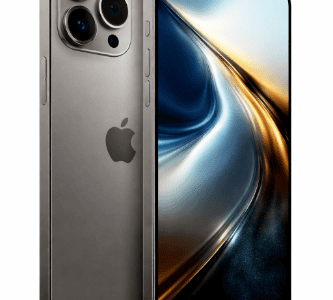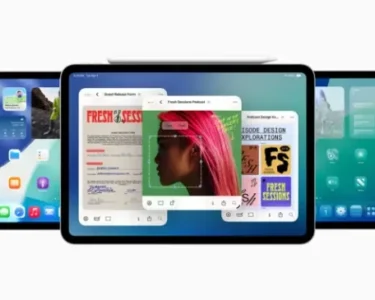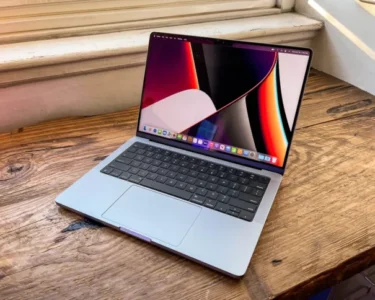Post-iPhone Future: Apple’s Eddy Cue Predicts End of iPhone Era by 2035
In a surprising revelation during Google’s antitrust trial, Eddy Cue—Apple’s Senior Vice President of Services—sparked industry-wide discussions by stating, “you may not need an iPhone 10 years from now.” His testimony has ignited speculation about what the post-iPhone future might look like and how artificial intelligence (AI) could transform the way we interact with technology.
Cue emphasized Apple’s history of disrupting its own successful products to stay ahead of technological change. He referenced the iPod, once a revolutionary product, which Apple effectively replaced with the launch of the iPhone. “We killed the iPod ourselves with the iPhone,” said Cue. “Most companies have a very difficult time killing themselves when new technology comes along, because you’re afraid—why would you kill the golden goose?”
Post-iPhone Future Driven by AI: The Next Big Technology Shift
Artificial Intelligence, according to Cue, could be the primary catalyst in phasing out smartphones entirely. “The only way you truly have true competition is when you have technology shifts,” he explained. “AI is a new technology shift, and it’s creating new opportunities for new entrants.”
As generative AI continues to mature, Apple appears to be preparing for a future where physical smartphones may no longer be central to digital communication. Cue’s statements hint that Apple is already planning for a post-iPhone future, likely powered by wearable or immersive technology like smart glasses or augmented reality (AR) platforms.
Apple’s Revenue Still Dominated by iPhone, But Services Are Rising
Despite these forward-looking comments, the iPhone remains Apple’s most valuable product. As of Q2 2025, the iPhone accounted for a massive 49.1% of Apple’s total revenue, which stood at $95.4 billion. Cue’s own division, Services, made up approximately 28% of that revenue—an indication that Apple is gradually diversifying its business beyond hardware.
Still, even as the iPhone continues to dominate sales, Apple is strategically investing in services and AI to ensure it’s not caught flat-footed when the next wave of technology reshapes consumer behavior.
Apple Exploring Alternatives to Google Search Amid Antitrust Scrutiny
Another key takeaway from Cue’s testimony was Apple’s exploration of search engine alternatives. He confirmed the company has been in discussions with AI firms like OpenAI, Anthropic, and Perplexity AI. This move suggests that Apple wants to maintain flexibility in its ecosystem and reduce dependence on Google Search, especially as AI becomes a more critical component of information retrieval.
“We’re preparing to make sure we have the capability to switch if we have to,” Cue stated, hinting at potential shifts in default search engine deals and future AI integration into Apple’s own platforms.
Vision Pro and Smart Glasses: Apple’s Blueprint for a Post-iPhone World
Cue’s comments aren’t just theoretical—Apple has already begun laying the foundation for the post-iPhone future. Products like the Apple Vision Pro and rumors surrounding the development of smart glasses point toward a new era of spatial computing. These innovations suggest that Apple is looking beyond traditional screens and towards immersive experiences that blend the digital and physical worlds.
Apple’s move mirrors its bold strategy in the early 2000s, when it transitioned from the iPod to the iPhone. The company’s willingness to disrupt its own product line could once again redefine the tech landscape.
Conclusion: Apple’s Vision for a Post-iPhone Future Is Already Underway
Eddy Cue’s bold statements during Google’s antitrust trial have ignited widespread interest in Apple’s long-term strategy. While the iPhone still plays a crucial role in the company’s revenue, Apple is clearly positioning itself for a technological transition driven by AI and spatial computing.
Whether through Vision Pro, AI search, or smart wearables, Apple seems determined to lead the way into a post-iPhone future—a world where your next device may no longer fit in your pocket but may sit comfortably on your face or respond intelligently to your voice alone.







